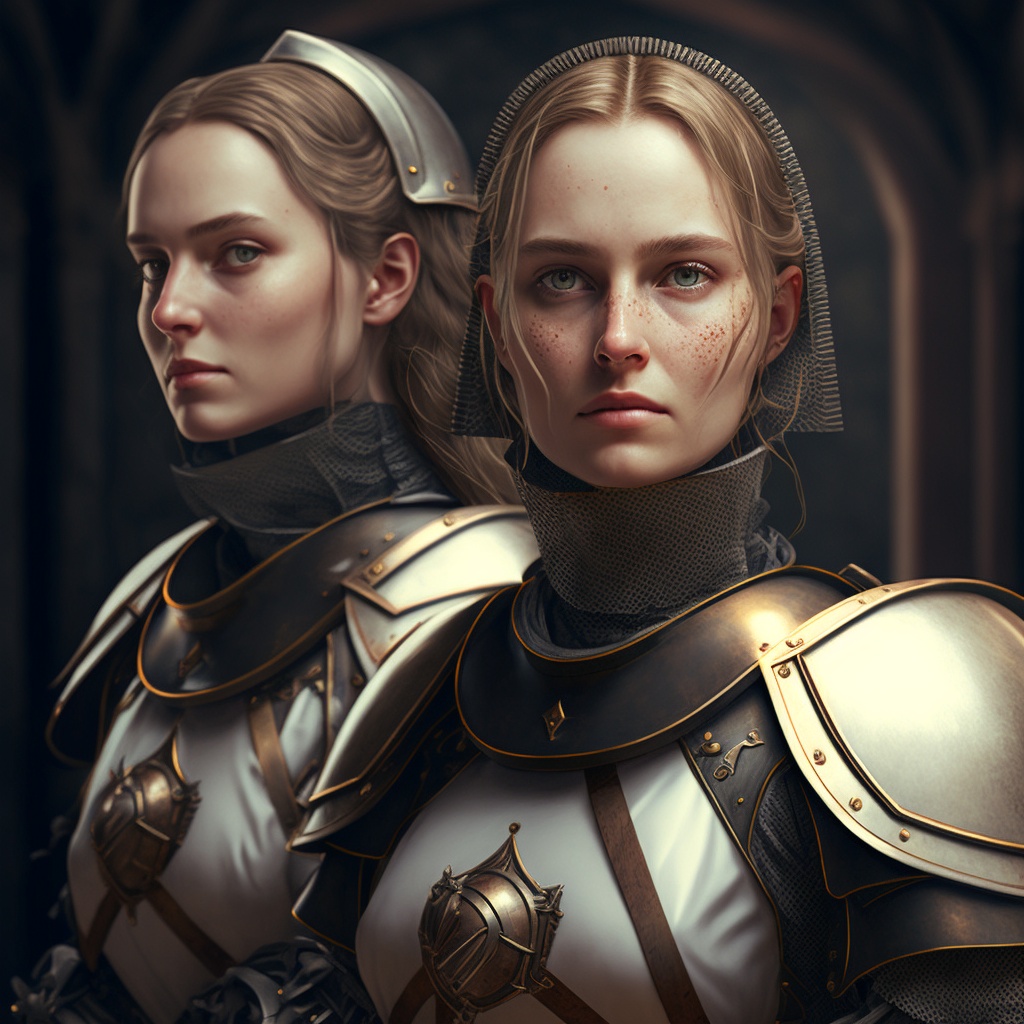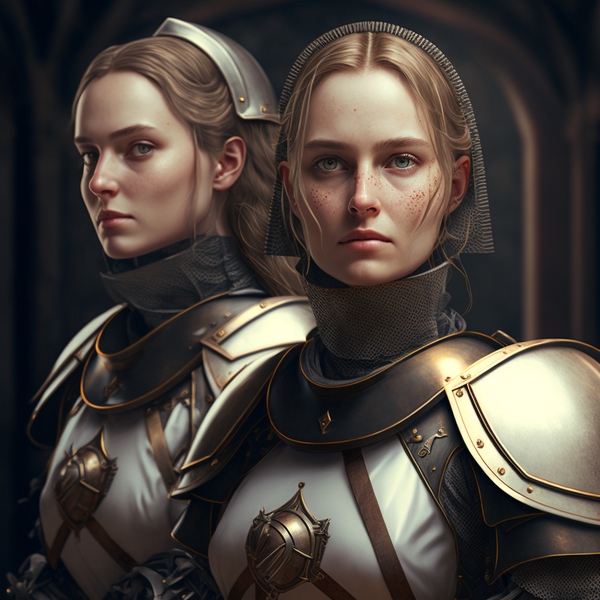

"Denke ich an meine Zeit in Toran, so fallen mir zunächst die toraner Tugenden ein. Aufrichtigkeit und Ehrlichkeit sind dem Toraner heilig, ebenso eignet er sich einen außerordentlichen Fleiß und die bekannte Toraner Bescheidenheit an. Das Leben in den Städten ist von regem Treiben geprägt. Überall sieht man bewaffnete, im Sold stehende Männer. Wo die Jugend in Yadosien auf den Feldern arbeitet oder sich dem Müßiggang ergibt, schicken die Toraner ihre Kinder bereits in jungen Jahren auf die Schulbank." ~ Jaques Haviere, yadosischer Dichter und Forscher.
Die Landschaft Torans
Toran liegt südlich von Yavon, seine nördliche Grenze bildet direkt die gigantische Wehranlage von Dia´r Hames. Dunkle Nadelwälder durchziehen an vielen Stellen das Königreich, die zum Teil von äusserst fruchtbaren Tälern und Steppen durchbrochen werden. Im Westen des Reiches liegt das flache Wolfsgebirge, welches bis zur Küste des Westmeers reicht. Im Osten bildet das Reich eine Grenze mit Yadosien, ein Gebiet welches über die Jahrhunderte öfter zu Kriegen und Streitigkeiten geführt hat. Im Süden wandelt sich das Reich zu einer fruchtbaren Steppe, den wilden Weiden, welche jedoch an manchen Teilen von dem gefürchteten Messergras durchzogen sind. Seinen Abschluss findet das Reich hier in der Grenze zu den Ländern der Katora Orks. Hier finden sich auch die beiden grossen Flüsse des Reiches, der Südarm und der Brucht, sowie das Seendelta Eichental.
Klima
Kaum ein Königreich kennt solch Wetterextreme wie Toran. So beißend, kalt und unbarmherzig der Winter, so heiß und schweißtreiben der Sommer. Die Stürme des Herbst und das Tauwetter des Frühlings sind so bekannt, dass es in den anderen Reichen Lieder und Sagen über diese gibt.
Vegetation
Die Ländereien Torans sind äusserst fruchtbar und artenreich, so kam es in der Geschichte Torans auch nie zu grösseren Hungerkatastrophen. Besonders im Süden des Landes, rund um das Eichental, findet man besonders viele nahrhafte Pflanzen und grosse Herden an Elchen und Rehen.
Zivilisation
Das zivilisierte Leben Torans spielt sich hauptsächlich in den Städten ab. Die größte Stadt ist die nördlich gelegene Hauptstadt Bärheim. Ebenfalls im Norden finden sich noch Eichheim und Steinburg. In der Mitte des Reiches finden sich Alastahar, die Handelsstadt Minnressa, sowie die kleine Hafenstadt und Ordensstadt Kahlherz. Die sogenannte "Perle des Südens" Bütting ist direkt an der südlichen Grenze gelegen, wenige Meilen östlich befindet sich die Stadt Mirning, das sogenannte Tor zur Wüste. Überall über das Land verteilt finden sich jedoch kleinere Dörfer und Städte, am Seendelta finden sich vor allem zahlreiche Bauerndörfer. Ähnlich wie in Meridian sind die größten Ansiedlungen durch Reichsstrassen verbunden, hier Königspfade genannt.
Die Geschichte Torans
Marsch der Orks (267 v.EC)
Die Katora fallen in die Lande des Eichbundes, einem losen Bündnis von 36 Kleinstaaten ein. Das Ereignis wird als der Erste grosse Marsch der Orks bekant.
Der Eichbund (265 v.EC)
Die Länder des Eichbunds werden unter König Wilhelm von Hartenheim geeint. Es entsteht das Königreich Toran, welches sich in den folgenden Jahren den Orks erfolgreich zur Wehr setzt.
Der Yadosisch-Toraner Krieg (25 EC)
Zwischen dem neuen yadosischen König Bertram von Donnerbruch und seinem toranischen Gegenüber König Warnemuth von Hartenheim entfacht ein Streit über Landbesitz in Grenzbereich der Reiche. Der yadosisch-toranische Krieg beginnt und dauert zwei Jahre. Der Krieg gilt als einer der kürzesten und härtesten Auseinandersetzungen die sich die neuen Reiche Tirakans je untereinander geleistet haben. Er endet für Toran in einer vollkommenen Niderlage und ein yadosischer König betritt den toranischen Thron. 4 Jahre später wird König Bertram von Donnerbruch bei einem Bauernaufstand aus Toran verjagt und der Sohn von Wanemuth, Wilhelm von Hartenheim besteigt den Thron.
Gesetz und Politik in Toran
Die gesellschaftliche Ordnung Torans unterliegt fest dem Glauben an einen starken König oder Königin. Der König ist das zentrale rechtssprechende und politische Organ des Landes, sowie der oberste Befehlshaber der Armee. Ihm zur Seite steht jeweils ein Rat von zehn Getreuen, die alle zehn Jahre jeweils durch das Volk gewählt werden. Zwei Herrschaftshäuser teilen sich den Thronanspruch, das Haus der Hartenheims und das Haus der Kirschheims. Die Nachfolge des Throns wird dabei von den zehn Getreuen bestimmt, je nachdem welchen Kandidaten sie für geeigneter erachten. Dieses System hat sich über die Jahrhunderte als erstaunlich stabil erwiesen.
Rechtssprechend in den einzelnen Städten sind die vom König entsandten Stadthalter. Jeder Bürger Torans hat jedoch nach einem Rechtssrpuch eines Stadthalters das Recht, sein Anliegen erneut beim König vorzutragen, so sich ungerecht behandelt fühlen. Die Rechtssprechung in Toran gilt zwar als fair, die Strafen jedoch als relativ hart. So wird bis heute die Todesstrafe bei Delikten wie schwerer Diebstahl ausgesprochen, bei besonders grausamen Verbrechen wie Mord oder Vergewaltigung kann auch Folter teil des Urteilsspruch sein. Besonders "beliebt" ist hier das öffentliche Vierteilen.
Im Gegensatz zu anderen Reichen sieht man in Toran der Magie recht liberal entgegen. Dies erklärt auch die Toleranz gegenüber dem Nekrolarium im Süden des Landes. Nekrologie steht in Toran auch nicht unter schwerer Strafe, lediglich die öffentliche Verwendung in Städten ist untersagt. Die Toleranz gegenüber Magie hat wohl seine Wurzeln darin, dass ein Toraner wenig von Magie hält und diese eher als Spielerei abtut.
In kaum einem anderen Reich ist die Bürokratie so weit ausgebildet wie in Toran. Alles und jeder ist erfasst, das Tragen von Ausweispapieren innerhalb der Reichsgrenzen ist Pflicht, ein Umstand der vor allem bei Reisenden Händlern regelmässig für Unmut sorgt. Alle fünf Jahre wird eine Volkszählung vorgenommen, bei der auch die Ausweise der Einwohner erneuert werden. Besonders Kaufleute klagen über die zum Teil umständlichen Unterlagen die zum ausführen von Waren oder zum Treiben von Handel nötig sind. Wer innerhalb Torans ohne die erforderlichen Papiere aufgegriffen wird, den trifft sofort die Zwangsrekrutierung und den erwartet den sofortigen Abmarsch an die Front. Die Flut an nötigen Papieren in Toran sind schon zum Gegenstand von Spottliedern geworden, auch in den anderen Königreichen.
Die Währung Torans
Innerhalb Torans wird lediglich die toranische Währung akzeptiert, jedoch finden sich an den Grenzen sowie innerhalb der Städte überall Wechselstuben, die problemlos die Währungen der anderen Reiche akzeptieren und tauschen.
Das Leben des Volkes
Toran hat ein straff geführtes Militär. Jeder Einwohner Torans, ob Mann oder Frau, in wehrfähigem Alter ab 16 hat alle fünf Jahre einen einjährigen Kriegsdienst zu absolvieren. Viele finden ihren Weg daher ganz zum Militär. Das Volk ist stolz auf seine Armee, welche die charakteristischen "Spitzhelme" trägt. Ein weiteres Markenzeichen des Volkes und vor allem der Offiziere ist der Schnurrbart, welches den Toranern den Beinamen "die Bärtigen" eingebracht hat. Die toranischen Frauen sind jenseits der Grenzen für ihre hohe Statur und ihre Schönheit bekannt.
Jeder Toraner ist verpflichtet seine Kinder zur Schule zu bringen, die Schulpflicht wurde bereits im Jahre 60 v EC. eingeführt und ist bis heute fester Bestandteil der toranischen Kultur. Die Universitäten Torans sind weit über die Grenzen des Königreichs bekannt, da es sich hierbei jedoch ausschließlich um Militärakademien handelt, müssen Studenten zwangsläufig in der Armee eingeschrieben sein. Diese Voraussetzung sichert eine Nähe der Intelektuellen des Landes zum Militär und somit auch zum König und wirkt antimonarchistischen Strömungen entgegen. Dennoch gibt es auch Gegner des starken Militärs in Toran. Immer wieder wird von Freischärlern berichtet die sich in den Wäldern Torans aufhalten sollen und einen verbitterten Kampf gegen die Krone führen. Mit unbarmherziger Härte geht das Militär gegen diese Gruppen vor, das Thema als solches gilt als Staatsgeheimnis und interne Angelegenheit Torans und wird mit Aussenstehenden nicht diskutiert.
Besonders bekannt sind die Pferde Torans. Überall in den Wäldern des Reiches finden sich stattliche Wildpferde, die, zu Reitpferden ausgebildet, sich besonders als Kriegs und Arbeitstiere eignen. Es ist daher kaum verwunderlich, dass die Toranische berittene Kavallerie als eine der besten berittenen Einheiten Tirakans gilt.
Die Städte Torans
Die Bausweise der toranischen Städte gleichen eher Trutzburgen. Anders als die freie Architektur z.B. der meridianischen Städte, wirken die toranischen Städte gedrungen und düster. Ihre hohen Mauern sind jederzeit von wehrbereiten Wachen besetzt, die Bereiche der Stadt sind genaustens aufgeteilt und sorgsam nach Maß abgesteckt. Jeder und alles der in die Städte ein und ausgeht wird sorgsam von den Bürokraten erfasst, wer eine Stadt betritt muss einen Stadtzoll entrichten, der sich je nach eingeführten Gütern oder Wagen und Personenzahl staffelt.
Die eindrucksvollste Stadt ist die Hauptstadt Bärheim. Auf einer kleinen Anhöhe gelegen überblickt diese mächtige Wehranlage das Bärtal, von weitem sichtbar ist dar sogenannte Bärturm, der die gut 40 Schritt hohen Mauern nochmals um gut 20 Schritt überragt. Hier befindet sich die Residenz der toranischen Könige und somit der Regierungssitz des Königreichs.
Eine Ausnahme in der Bausweise der Städte bildet Alastahar, die auch die Stadt der Türme genannt wird. Zwar liegt die Stadt ebenfalls von einer hohen Mauer umgeben, diese wurde jedoch nachträglich errichtet. Die Stadt selbst hat ihre Wurzeln schon im alten Reich Elentrea, was man ihrer Architektur auch ansieht und sich bereits am Namen zeigt. Alle Häuser der Stadt sind hohe, weisse Türme, in denen sich vor allem Adelsfamilien oder reiche Händler niedergelssen haben. Die höchsten Türme der Stadt erreichen eine Höhe von beinahe 80 Schritt, die kleinsten sind etwa 20 Schritt hoch. Die Türme sind untereinander mit Hängebrücken verbunden, so dass die Bewohner der "Hochstadt" nicht einmal den Boden der Stadt berühren müssen, um sich innerhalb der Stadt zu bewegen. Auf bodenhöhe, der sogenannten "Niederstadt" finden sich nur Bettler, Arme und Kranke. Nirgendwo sonst im Reich ist die Zweiklassengesellschaft zwischen Adel und Volk so klar zu erkennen wie hier.
Das Nekrolarium
In Toran befindet sich eine der wenigen bekannten Schulen der Nekrologie. Das Nekrolarium ist geduldet und allseits bekannt. Das altehrwürdige Schloß befindet sich auf einer Anhöhe im Süden Torans, hier finden Interessierte Zugang zu den Künsten der Magie der Toten.
